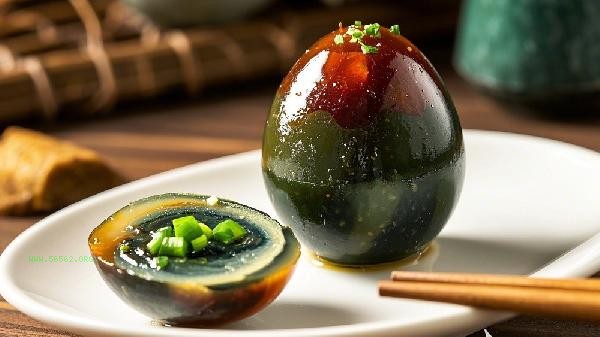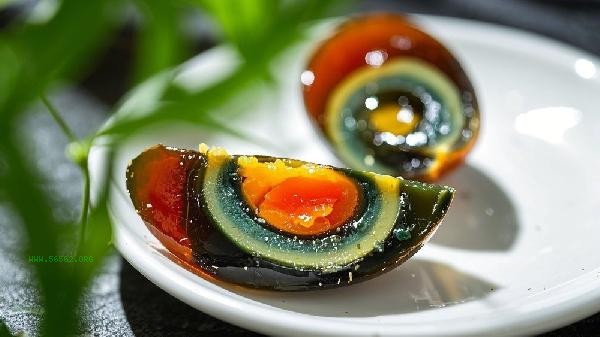Eating one Century egg a day usually does not cause obvious harm to the body, but long-term excessive consumption may bring health risks. Century egg contain protein, minerals and other nutrients, but lead residues or high sodium may occur during the production process.

Century egg may use lead oxide to promote protein coagulation in the traditional process. Although the modern process has been improved, it is still recommended to choose lead-free Century egg. Moderate consumption can supplement minerals such as calcium and iron, but lead may affect the nervous system, especially with higher risks for pregnant women and children. The sodium content of Century egg is high. Long term excessive intake may increase the probability of hypertension. Alkaline substances produced during pickling may also stimulate gastrointestinal mucosa.

Some people may suffer from indigestion or allergic reaction after eating Century egg, and the ammonia flavor and special taste of Century egg may cause discomfort. The cholesterol content of traditional Century egg is high, so patients with cardiovascular diseases need to control their intake. The loose pattern of Century egg after cutting is a normal phenomenon of protein denaturation, not a sign of deterioration.

It is recommended to eat Century egg no more than two to three times a week, and use them with vegetables and fruits rich in vitamin C to help reduce lead absorption. Hypertension patients should strictly control their intake. When purchasing, identify lead-free products and consume them as soon as possible after opening to avoid bacterial contamination. Children and pregnant women are advised to consult a doctor before consumption. Daily diet should be diversified to avoid excessive intake of a single food that can affect nutritional balance.









Comments (0)
Leave a Comment
No comments yet
Be the first to share your thoughts!